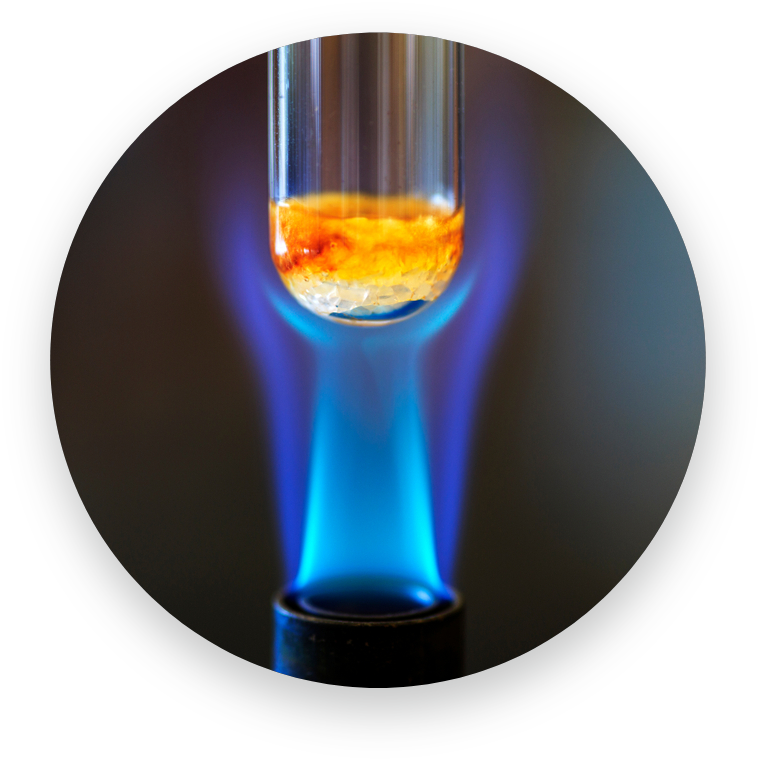
The basic technology involves combustion catalytic chemistry. Combustion catalytic chemistry dates back to the 1800's when an ethylene complex of Platinum was prepared. The structure and basis of their effectiveness was difficult to deduce using chemical methods of that day.
With the 1950's development of the NMR and single crystal X-ray diffraction, methods were available to study the structure and elucidate the mode of action of these complexes. With the advent of computerization, a rapid growth in the study of combustion catalysts ensued. The organometallic compounds have also been used as military technology in the composition of rocket fuel and by NASA in various projects in order to improve the burn ratio in jet fuels and other type of alternative fuels.

6 Nobel Prizes
The application of these complexes for use in internal combustion engines has always been a scientific goal. As is found in any developing technology, you will find periods of success and times of less activity. The EF-TABS® combustion catalyst is the result of space-age continuation of a proven technology in its latest stage.
